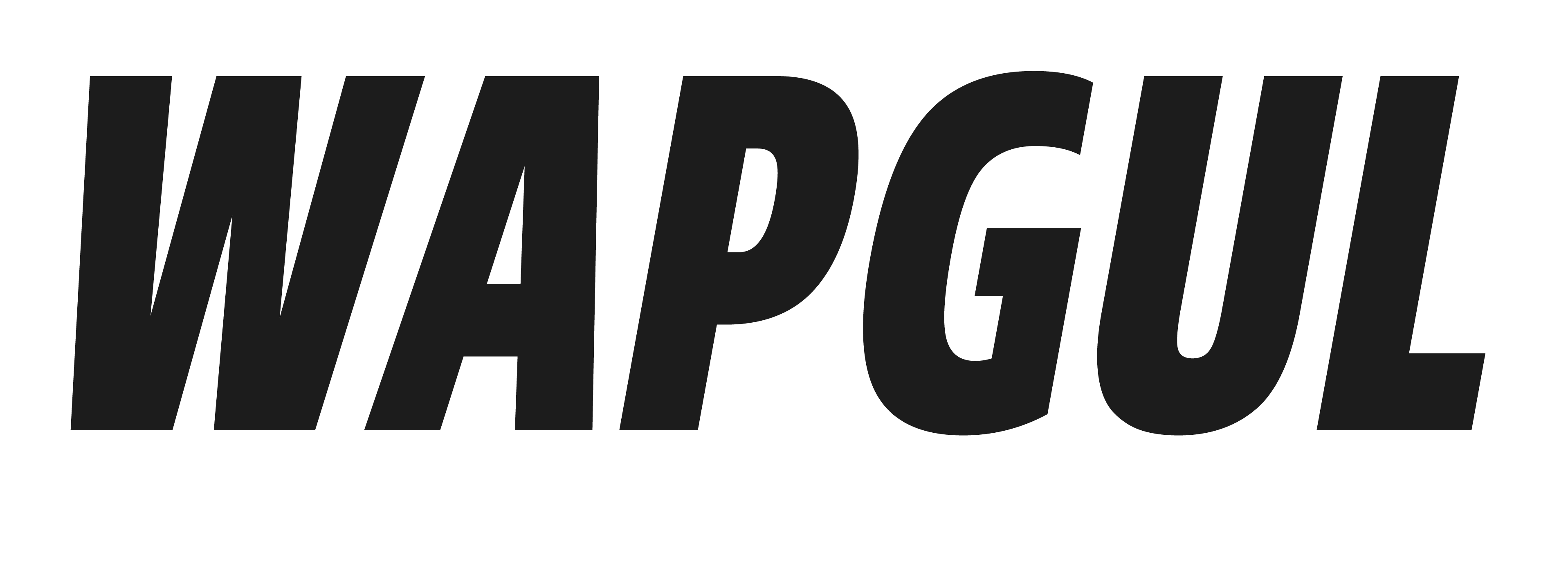If Humans Die Out, Octopuses May Have the Skills to Build the Next Civilization, Scientist Claims

In the grand narrative of life on Earth, extinction is no stranger. From the fiery demise of the dinosaurs 65 million years ago to the “Big Five” mass extinction events recorded in the fossil archives, life on this planet has endured a relentless cycle of destruction and rebirth.
But what if the next chapter features a protagonist none of us expected? According to one scientist, the future of civilization may rest not in the hands of mammals, but in the eight tentacles of the humble octopus.
Yes, you read that right. Octopuses, those slippery stars of aquariums and sushi menus, might just have what it takes to become the planet’s next dominant species.
It’s a claim that’s as fascinating as it is eyebrow-raising, but biologist Tim Coulson, Ph.D., from the University of Oxford, is making a compelling case.
A Species Built for Survival
Unlike humans, who are one species inhabiting a relatively narrow range of environments, octopuses come in many varieties, living everywhere from deep ocean floors to coastal shallows. Their adaptability could be their golden ticket to outlasting us.

“There are very many species of octopus, not one species [like] humans,” Coulson says. “Although some populations and some species may fare badly, I think there’s an opportunity for others to survive, radiate, [and] to diverge over evolutionary time to colonize a wide variety of habitats.” And, in a twist of irony, their survival chances would improve if humans stopped eating them.
While the idea of octopus cities sounds like the premise of a sci-fi novel, it’s not entirely outlandish. Octopuses are no strangers to innovation.
Some species have been observed using tools in the wild—carrying coconut shells as makeshift armor or shelter—and solving puzzles in labs that would stump some less-savvy creatures.
And let’s not forget their Houdini-like talent for escaping tanks to visit neighboring octopuses or raid food supplies.
Brains, But Make It Tentacled
Octopus intelligence is not like ours, though. “Octopus seem to have highly evolved nervous systems,” says Andy Dobson, Ph.D., of Princeton University.
“Although I’m not sure we’d call the dense concentration of neurons that connect their eight limbs and huge eyes a brain, [it’s] more a massive data processing center.” Think less philosopher, more supercomputer with suction cups.

This decentralized intelligence, coupled with extraordinary dexterity, gives octopuses an edge.
As Coulson puts it, “They’re highly dexterous [and] able to use their eight limbs to manipulate all sorts of objects.” Sure, birds like crows can bend wires to fetch food, but they don’t have eight limbs working in concert like a symphony of problem-solving.
The Challenges of Building Civilization
But intelligence and dexterity alone don’t build cities. Octopuses face a major hurdle: they’re not exactly team players. Known for being solitary and even cannibalistic, octopuses don’t have the social structures necessary for creating a complex society.
Peter Godfrey-Smith, Ph.D., of the University of Sydney, explains, “Octopuses are not well set up to build a human-like society because of their social habits. When I talk about ‘culture,’ I mean the ability to learn from others in your society.”

For octopuses, the first step would be becoming more social and nurturing their young in ways that promote intergenerational learning—a tall order for creatures that largely fend for themselves from birth.
However, some octopus species are beginning to show signs of social behavior. Small groups of ten or more octopuses have been observed living together, hinting at a potential, albeit distant, shift toward greater cooperation.
Energy, the Building Block of Civilization
Even if they overcome their social hurdles, octopuses would need energy to power their hypothetical underwater metropolises.
Coulson suggests coastal species might harness tidal power, while deep-sea species could tap into hydrothermal vents. It’s a fascinating concept, though one that’s still firmly in the realm of imagination.
The Human Factor
Unfortunately, our own impact on the planet may limit octopuses’ chances before they even get started. Pollution, overfishing, ocean warming, and microplastics are taking a toll on marine life, and octopuses are no exception.
Dobson notes that these human-made challenges could stifle the evolutionary potential of even the most resilient species.
Other Contenders for Earth’s Throne
If not octopuses, who might rise to dominance? Dobson wagers on nematodes, those tiny but ubiquitous worms that thrive in nearly every environment.
Godfrey-Smith, however, has his money on cockatoos, the clever, tool-using parrots that already display some of the hallmarks of advanced intelligence.
A Tentacled Tomorrow?
While the notion of octopus-run civilizations remains speculative, it’s a thought-provoking reminder of life’s resilience and adaptability. If humanity’s time on Earth comes to an end, perhaps the octopus—with its intelligence, adaptability, and eight-armed ingenuity—could lead the next chapter of life’s story.
Or maybe it’ll just keep being the fascinating, mysterious creature we know and love—quietly carrying the potential for greatness in every tentacle.
